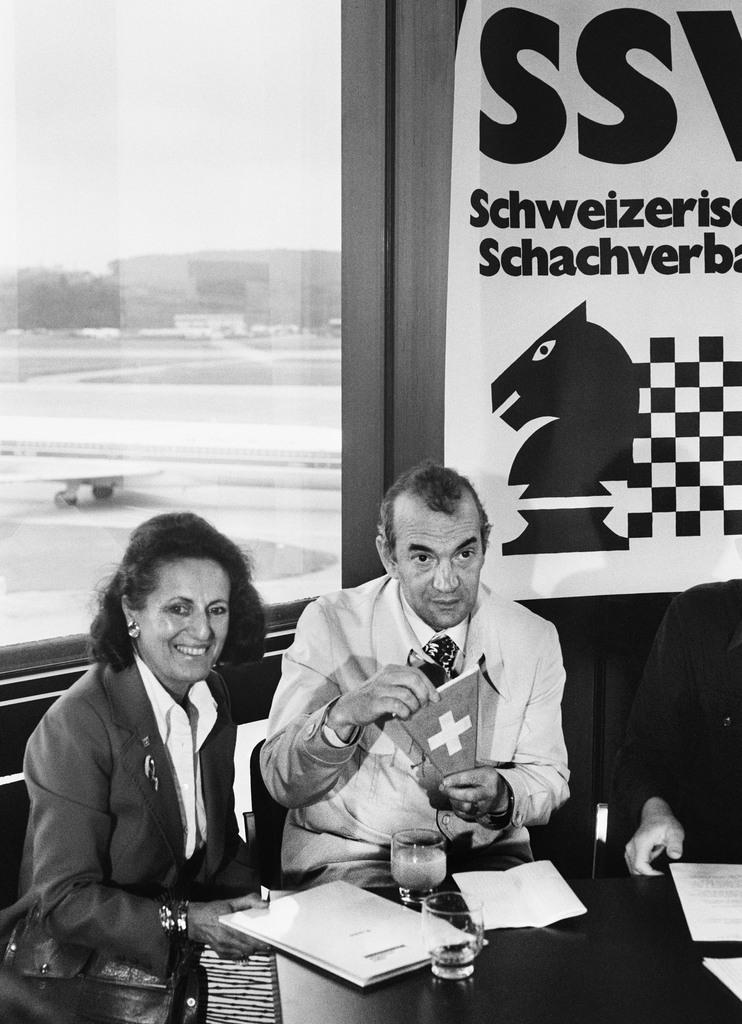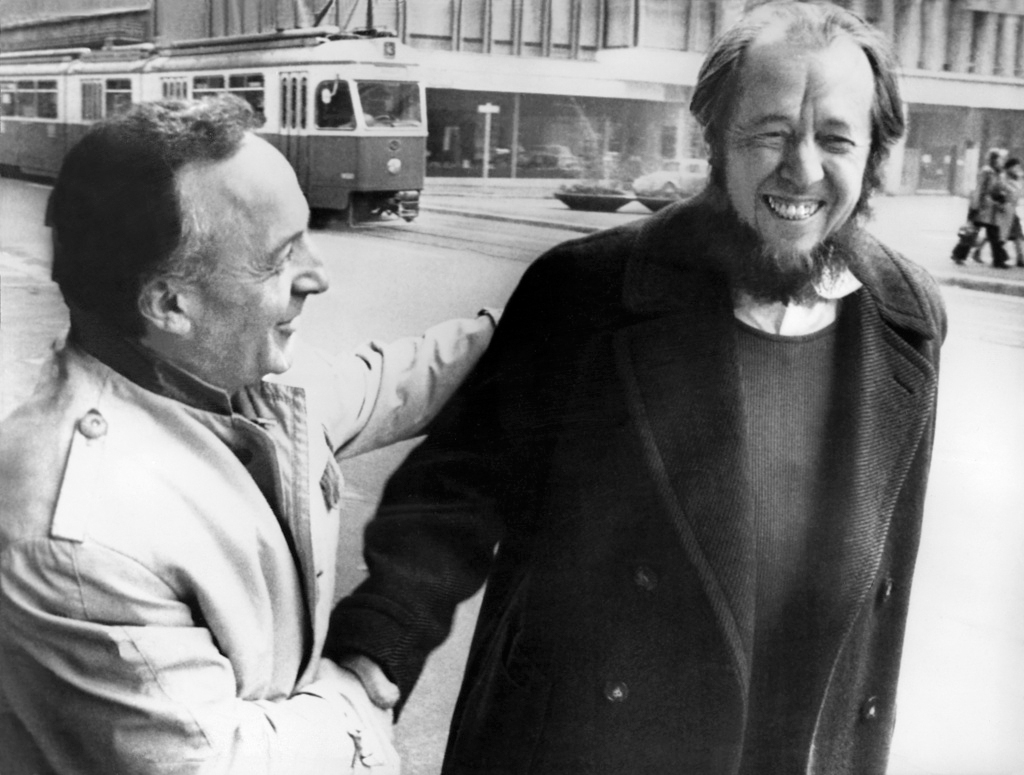Chess grandmaster Viktor Korchnoi dies in Switzerland

Russian-born Swiss chess grandmaster Viktor Korchnoi, who defected to the West in 1976 and settled in Switzerland two years later, has died at his home in Wohlen, canton Aargau. He was 85.
Korchnoi was one of the leading Soviet chess players before defecting to the Netherlands. His matches against the official Soviet champion, Anatoly Karpov, became famous as duels on political, psychological and physical levels. Korchnoi tried twice to unseat Karpov as world champion, failing both times.

The 1978 showdown in the Philippines between the dissident exile and the model Communist champion was one of the great grudge matches in the history of chess.
Korchnoi, virtually written off by commentators after his opponent surged into a 5-2 lead, fought back to level the scores before a rattled and exhausted Karpov rallied to defeat him in the final game.
Three years later, Karpov won a rematch comfortably by 6-2, but Korchnoi is still considered one of the strongest players to miss out on the world title.
The Russian chess federation paid a generous tribute to the man once considered by Moscow as a pariah, describing him as a”legendary grandmaster” with an enormous will to win.
“It’s a great loss for the world of chess. Korchnoi has had a brilliant life and has done a lot to democratise chess. Even at an advanced age, Viktor Korchnoi continued to promote and play chess, which says a lot about him,” Kirsan Ilyumzhinov, president of the World Chess Federation FIDE, told the Russian news agency TASS on Monday.
Former world champion Viswanathan Anand of India wrote on Twitter:
The chess world loses its greatest fighter. R.I.P. Viktor Korchnoi. We learnt so much from you.Just being in Baguio where he played Karpov..
— Viswanathan Anand (@vishy64theking) June 6, 2016External link
International ban
Korchnoi was born in Leningrad (today Saint Petersburg), where he graduated in history.
He learnt to play chess from his father at the age of five. In 1952, aged 21, he qualified for the finals of the USSR Chess Championship for the first time. He was awarded the Grandmaster title at the FIDE Congress in 1956.
Korchnoi won the USSR Chess Championship four times during his career and the Swiss Chess Championship five times, in addition to many other titles.
In 1974, Korchnoi gave an interview to a Yugoslav newspaper in which he criticised certain aspects of the Soviet chess system. This resulted in his being dropped from the national team for a year and banned from playing in international tournaments. He was even banned from publishing articles on chess.
In 1976, after these measures had been lifted, Korchnoi took part in a tournament in Amsterdam, during which he requested political asylum in the Netherlands. He lived there for some time before moving to West Germany and then Switzerland in 1978.

In August 1990, Korchnoi welcomed as an “important step” a move by Soviet President Mikhail Gorbachev to restore his Soviet citizenship, along with 22 others including novelist Alexander Solzhenitsyn. But Korchnoi said it wasn’t enough to make him return to the Soviet Union.
Korchnoi, who became a Swiss citizen in 1991, frequently represented Switzerland at the Chess Olympiad, the biennial tournament featuring teams from all over the world.
He retired from competitive chess in 2012 for health reasons, but not before winning the Swiss championship in 2011, becoming one of the oldest chess players to win a national title.


In compliance with the JTI standards
More: SWI swissinfo.ch certified by the Journalism Trust Initiative












You can find an overview of ongoing debates with our journalists here . Please join us!
If you want to start a conversation about a topic raised in this article or want to report factual errors, email us at english@swissinfo.ch.